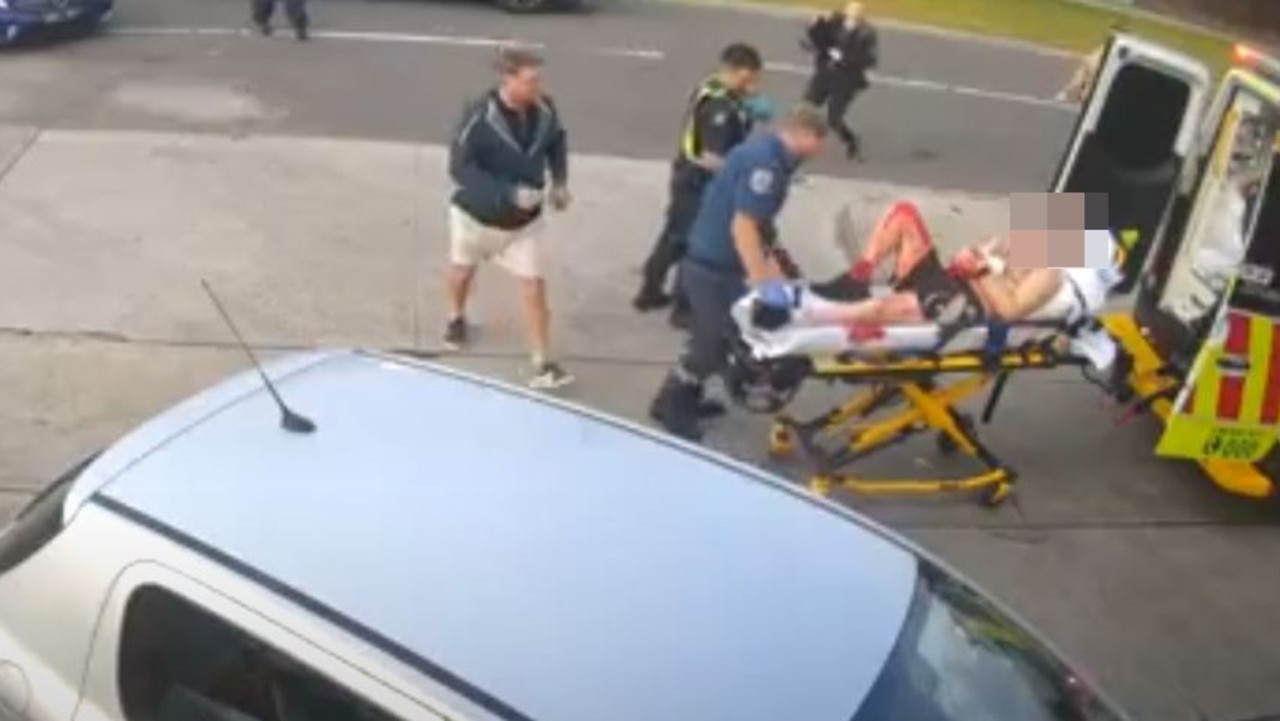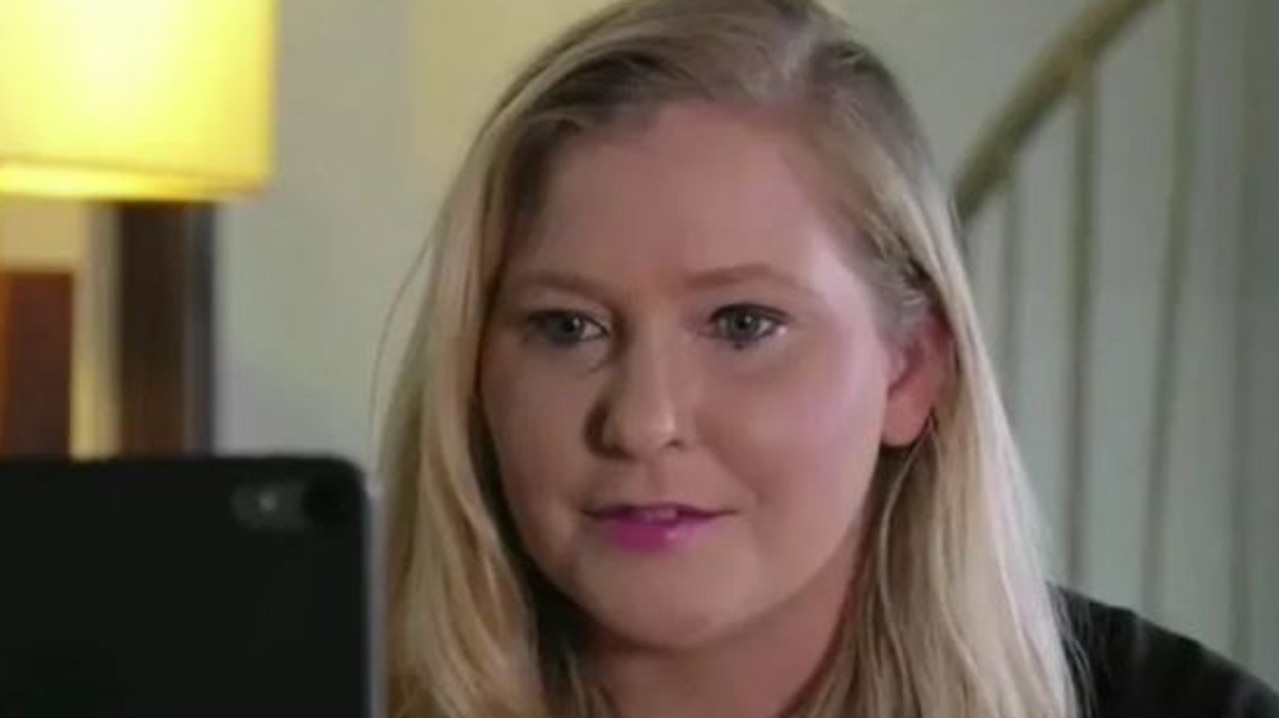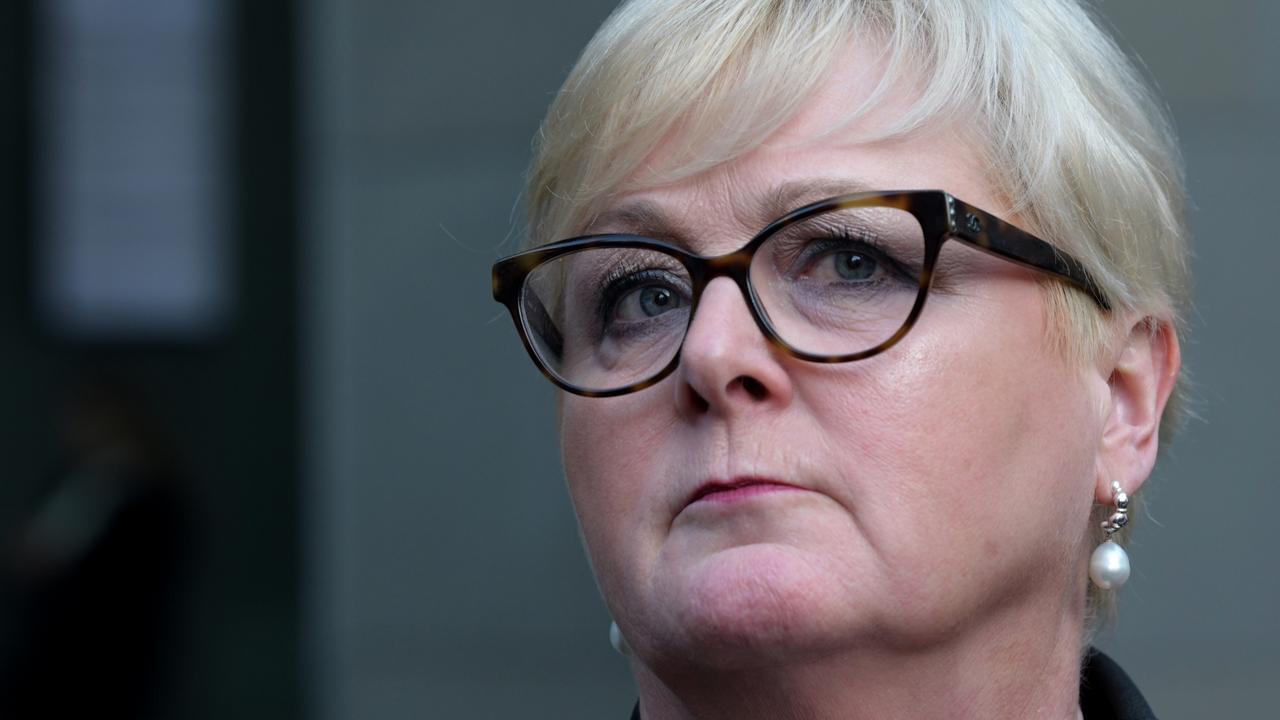Infants diagnosed with PTSD and kids skipping school in fear over Christmas
An infant has been diagnosed with PTSD following a shocking incident, as experts warn the Christmas break can mark a dangerous period for children.
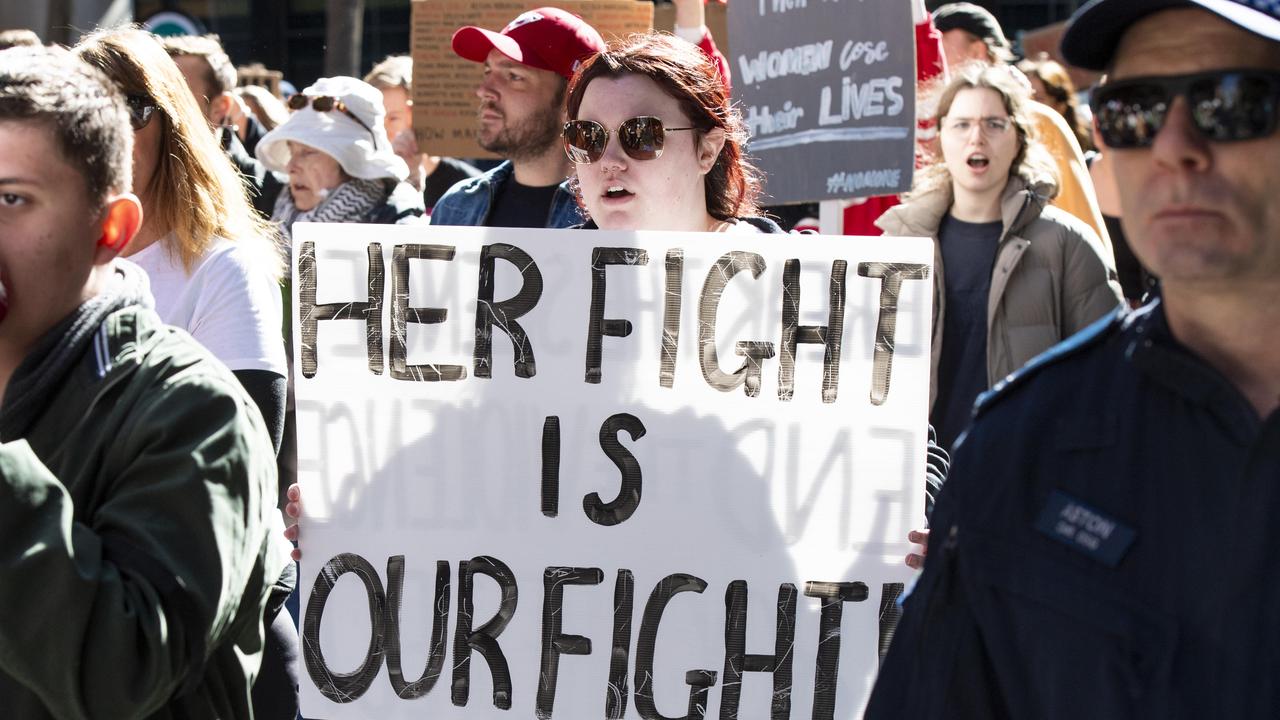
WARNING: Distressing content.
An infant has been diagnosed with PTSD following a horror incident as experts warn the Christmas break can mark a dangerous period for children amid a spike in family and domestic violence.
Staff from Victorian family violence service Berry Street have been told of a harrowing instance of DV where an infant was diagnosed with PTSD after being in his mother’s arms multiple times while she was attacked by her partner.
Though not physically injured, the baby now struggles to feed and constantly wakes up.
Another seven-year-old child had to race to hide her younger siblings in a room after she saw her father reach for a hammer.
She had to distract her siblings until the noise outside the door stopped, when she emerged to check on her mother. She’s had to call for help many times.
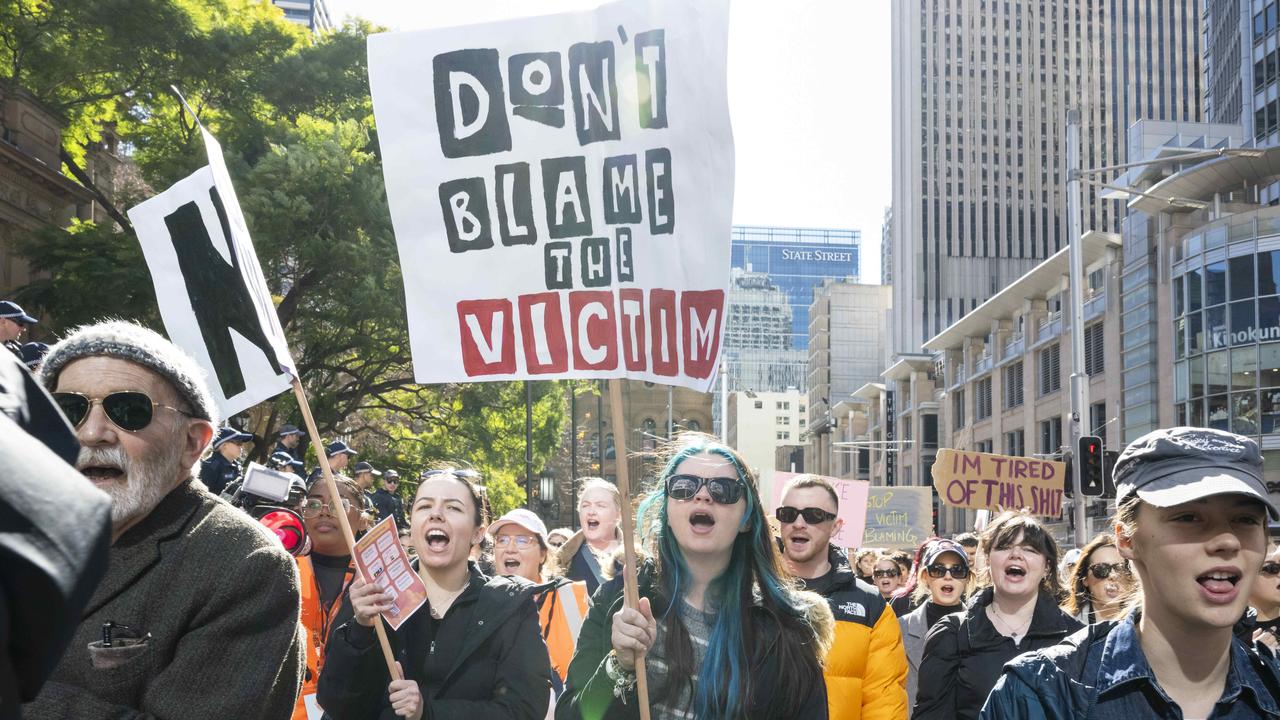
In another instance, a child has constant nightmares about her father finding and killing her mum, who was violently assaulted by her dad before she left him.
The nine-year-old girl often says she’s sick so she can stay home from school to look after her mum.
These are just a handful of the horrifying stories recounted to Berry Street workers, with experts warning the Christmas break can mark a dangerous spike in FDV.
“CONSTANT SENSE OF THREAT AND FEAR”
There were 8668 family violence incidents in Victoria last December, according to Crime Statistics Agency figures.
This is an average of 279 incidents per day, with a 33 per cent increase in incidents on Christmas Day (372 incidents).
This included 91 family violence orders breached and 79 assaults.
Berry Street executive director Heidi Reid said demand for FDV support services increase by about a third around the Christmas period.
She said the holiday period can be especially tough for children in violent homes, as the break can remove routine, stability and safe spaces.
“The violence doesn’t go away and it might be exacerbated at certain times such as Christmas,” Ms Reid said.
Referring to the seven-year-old hiding her siblings away, Ms Reid said the world can be “terrifying” for children.
“You can imagine a child at that age and that being their job, and the constant sense of threat and fear,” Ms Reid said.
“They wouldn’t be able to concentrate in school, to play or explore the world — the world is terrifying for them.
“All of those things become apart of the way the child views the world, safety and relationships.
“That’s happening today in Melbourne, in Sydney, in our classrooms, really — kids that have to deal with that at home.”
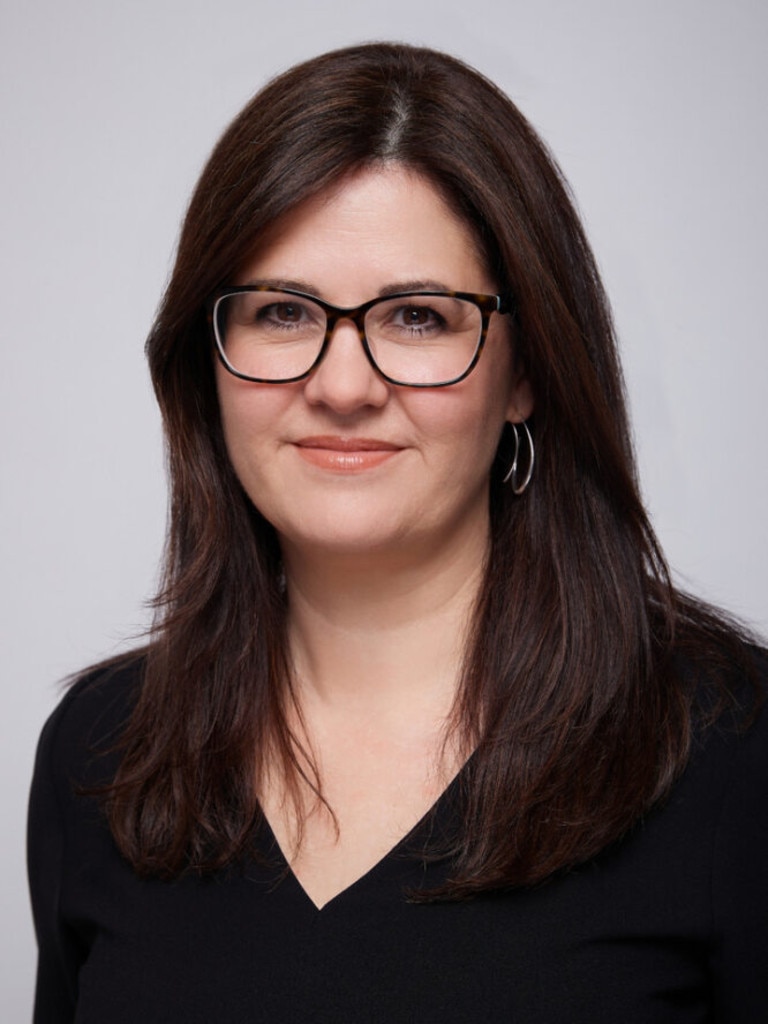

The fear often doesn’t end when a woman leaves a violent relationship, with frontline workers from Berry Street recalling one instance of a teenager forced to see his violent father despite being old enough to make decisions about contact.
The boy is struggling at school, and while appearing disinterested in class, he’s actually been up most of the night worried about the next time he’ll see his father.
He’s frightened of his father, but more concerned with protecting his younger siblings during their visits.
Former Victoria Police acting chief commissioner Tim Cartwright worked as the Victoria Family Violence Reform Implementation Monitor (FVIRM) between 2016 and 2019, with the FVRIM’s work monitoring the implementation of recommendations from the Royal Commision into Family Violence concluding at the end of 2022.
Mr Cartwright, who has had more than 40 years experience in the police force, recalled being told of infants going quiet when their violent father had entered the room.
“(The victim-survivor) would talk about how when her husband came into the room her infant at six months of age would go quiet on the bed, would stop squawking like young kids do and go into defensive mode,” Mr Cartwright said.
“There’s so much more to understand, and it’s so concerning how these experiences affect kids.”
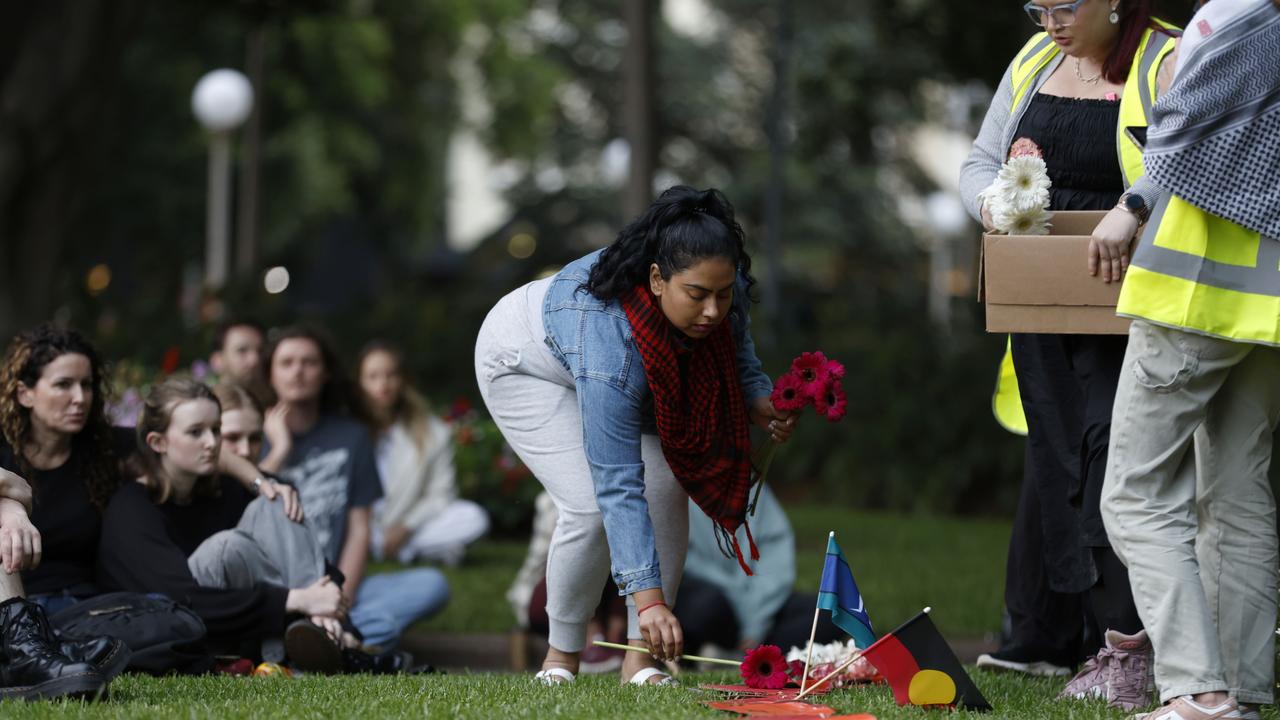
Also vice president at Berry Street, Mr Cartwright said it’s a “challenge” for young people who’ve experienced trauma “just to go about their daily lives”.
“It’s a challenge for them to leave home in the morning, to go to school, to get themselves fed.”
He also admitted he’s “not at all proud” of how family and domestic violence was handled back in the 70s while he was a young constable.
“(I saw) some of the most horrific acts, and sometimes it shakes your face in your community, and that’s a challenge for people that work in the field not to become too cynical,” he said, praising the resilience of victim survivors and all those who work to support them.
“GUYS IN THE COMMUNITY HAVE A RESPONSIBILITY”
While there’s been “enormous progress”, Mr Cartwright said there’s a long way to go in terms of addressing family and domestic violence.
“I’d often think (change) would take 10 years, but this is a generation, this is changing a whole community,” he said.
“There’s been enormous progress but we’ve got so far still to go.
“I can’t see the community ever saying we’ve nailed violence against women and family violence.”
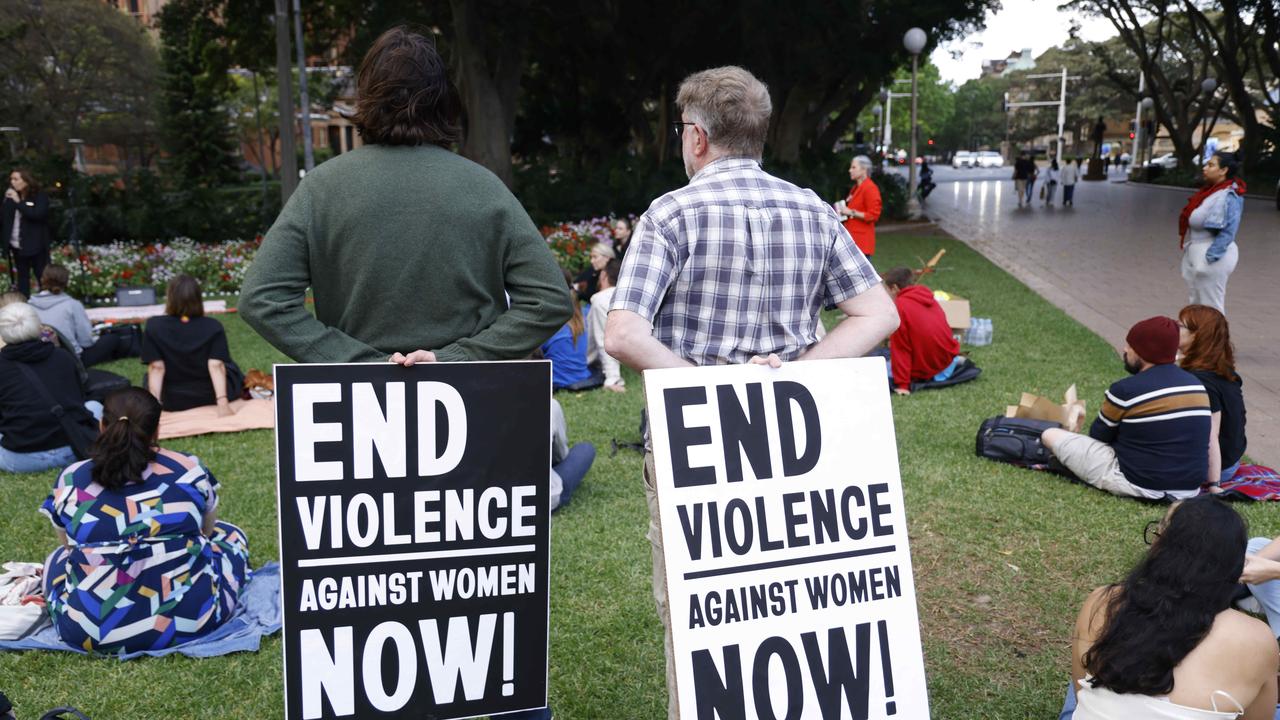
He expressed concern in the rise in misogyny spouted by men with large platforms — including Andrew Tate and Donald Trump — that young men might look up to.
“Misogyny and these people being leaders for our young men really concerns me,” he said.
He said there are “so many opportunities for leadership in our community”, including local sport clubs.
“People, particularly men, don’t realise younger men watch them … hear what they say,” he said.
“Guys in the community have a responsibility to be a (role model) for younger men.
“The way they treat each other in the sporting field goes towards how young men see them.”
He urged men to model “better examples” for younger men.
CHILDREN FEEL “TRAPPED” OVER HOLIDAYS
Australian Association of Psychologists president Sahra O’Doherty said children in DV situations could feel “trapped” during the holiday period as there are “fewer outlets than the family home” available, which could spark symptoms of PTSD.
This could give children a higher susceptibility to other mental health disorders, Ms O’Doherty said.
Reflecting on the seven-year-old girl hiding her siblings from her hammer-wielding father, Ms O’Doherty said children in DV situations can feel a heightened sense of responsibility to look after their parents and/or siblings, referred to as “parentification”.
“An eldest child (can take) on a lot of those adult responsibilities of either caring for an unwell parent or a parent who’s not coping or having to look after their younger siblings,” she said.
“They’ve recognised that their parental figures are not at that point in time capable of managing that situation.”
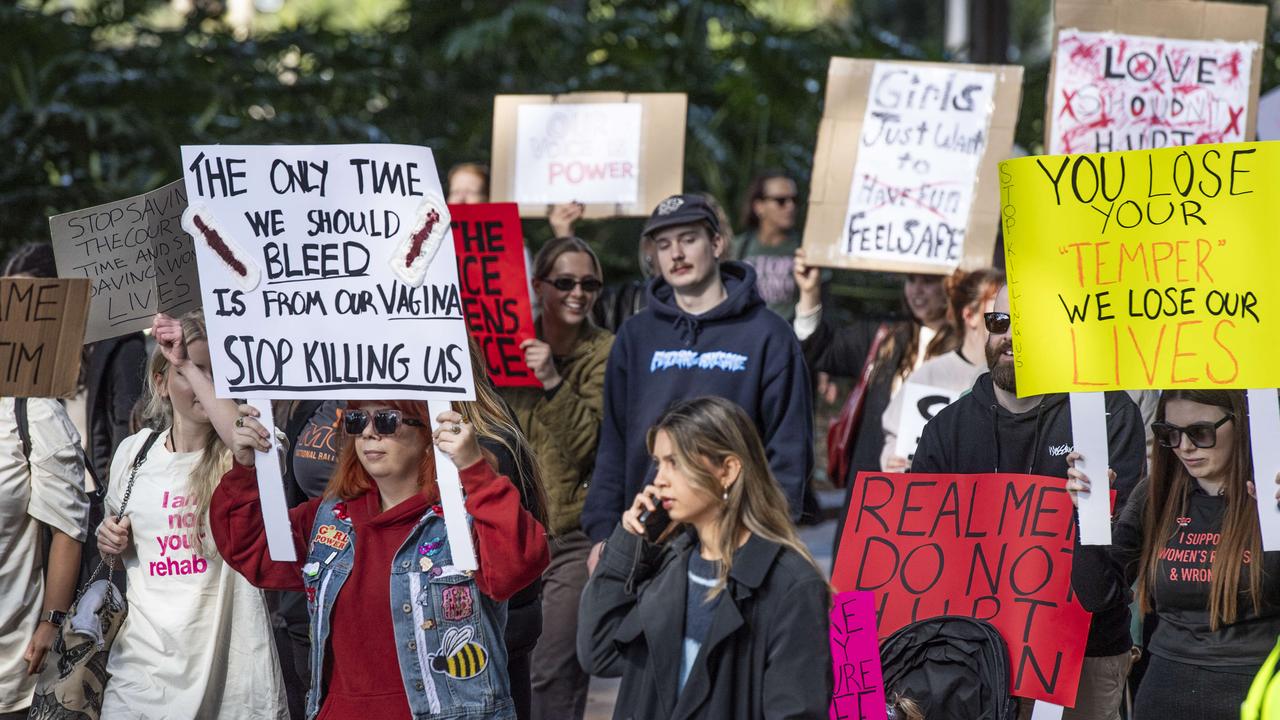
CRUCIAL WARNING SIGNS
Ms O’Doherty said a safety plan is crucial for the holiday period where violence may be escalated by added stressors including increased alcohol consumption, which could include having a trusted GP, counselling service, or friends and family members to visit “as a way of getting out of the house”.
She also urged people to look out for changes in behaviour among children, which could appear as children being more tired or more reserved.
“If they are less interactive, if they look as though they haven’t slept or if they’re refusing food, and also if there are unexplained injuries” she said.
“If it’s a close family member or a friend and they’re used to seeing a child being bright and interactive and their behaviour suddenly changes to be more withdrawn or more clingy to their parents, or just more distant, hiding.
“Those changes to behaviour are what we need to look out for.”
She encouraged parents to get children in touch with a child psychologist or school counsellor as “early intervention is key” to develop skills “necessary to overcome fears, stress and anxiety at an earlier age”.
“It’s going to then set them in good stead for later on,” Ms O’Doherty said.
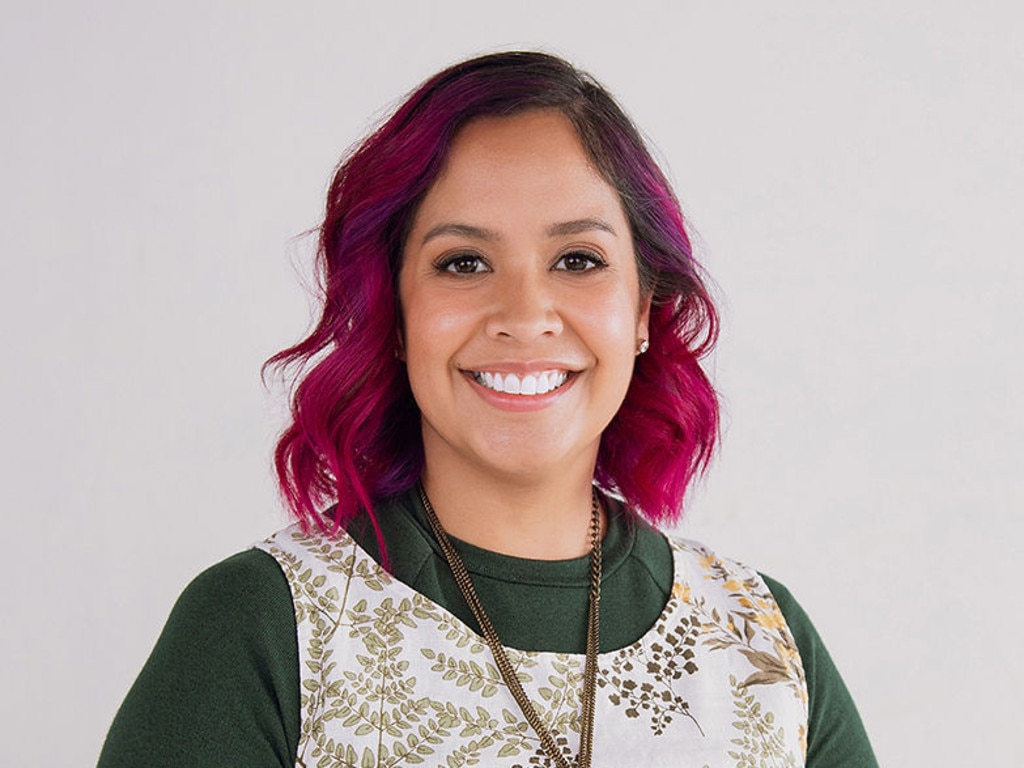
“WE ALL KNOW SOMEONE”
As the Christmas break approaches Ms Reid echoed Ms O’Doherty’s call to look for these changes in children’s behaviour.
“We all know someone who is experiencing violence because when you look at statistics, you can’t not — but yet many people wouldn’t be able to recognise that, the questions to ask … How to gently ask if people needed support,” she said.
“Offering a really safe space in which you can talk to children and listen to what they might be trying to say and communicate.”
Ms Reid also emphasised that leaving a domestic violence situation is a complex process.
“Leaving is a process, not an event,” she said.
“It’s very complex, so asking questions in a avery non-judgmental way, recognising that they’re probably very, very scared,” she said.
Mr Cartwright issued a similar message.
“Listen, be empathetic, and believe them,” he said.



